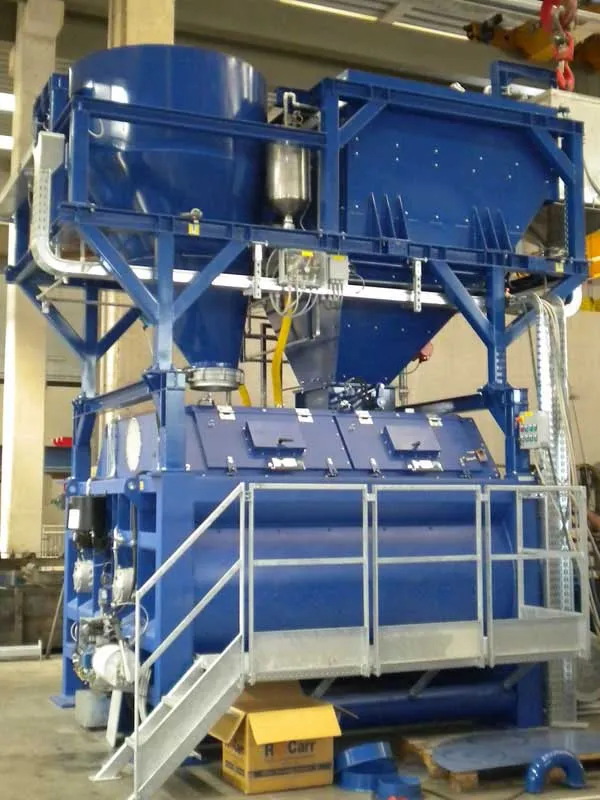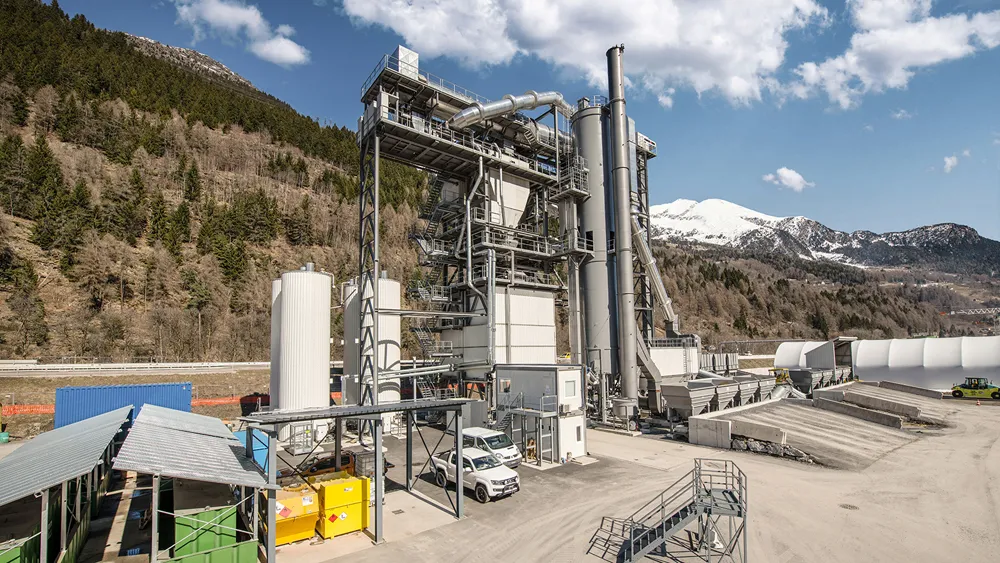A new transport plan is envisaged for South Korea that involves the construction of a smart highway network. The aim of the programme is to optimise transport efficiency and capacity, with charging facilities for electric vehicles also included in the plans. South Korea’s Ministry of Land, Infrastructure and Transport intends to add a further 1,000km of highways to the country’s overall network. Once the new highways are open to traffic South Korea will have a total highway network in excess of 5,100km. The aim of this programme is to boost access to highways for the country’s citizens so that 96% of the population will be within a 30 minute drive (or less) of a highway. The new links should be complete by 2020 and the plan will also help tackle congestion on sections of highway currently prone to traffic delays.
The new smart highways will feature modern drive through tolling technology as well as having the capabilities required to handle driverless vehicles. The new highways will also have sufficient charging facilities to allow electric vehicles to make long distance journeys across the country. The South Korean Government is setting a budget of US$33 billion for the plans, with private financing of almost a similar scale envisaged to complete the funding necessary for such a large scale programme.
Smart highways planned for South Korea
A new transport plan is envisaged for South Korea that involves the construction of a smart highway network. The aim of the programme is to optimise transport efficiency and capacity, with charging facilities for electric vehicles also included in the plans. South Korea’s Ministry of Land, Infrastructure and Transport intends to add a further 1,000km of highways to the country’s overall network. Once the new highways are open to traffic South Korea will have a total highway network in excess of 5,100km.
September 2, 2016
Read time: 2 mins







